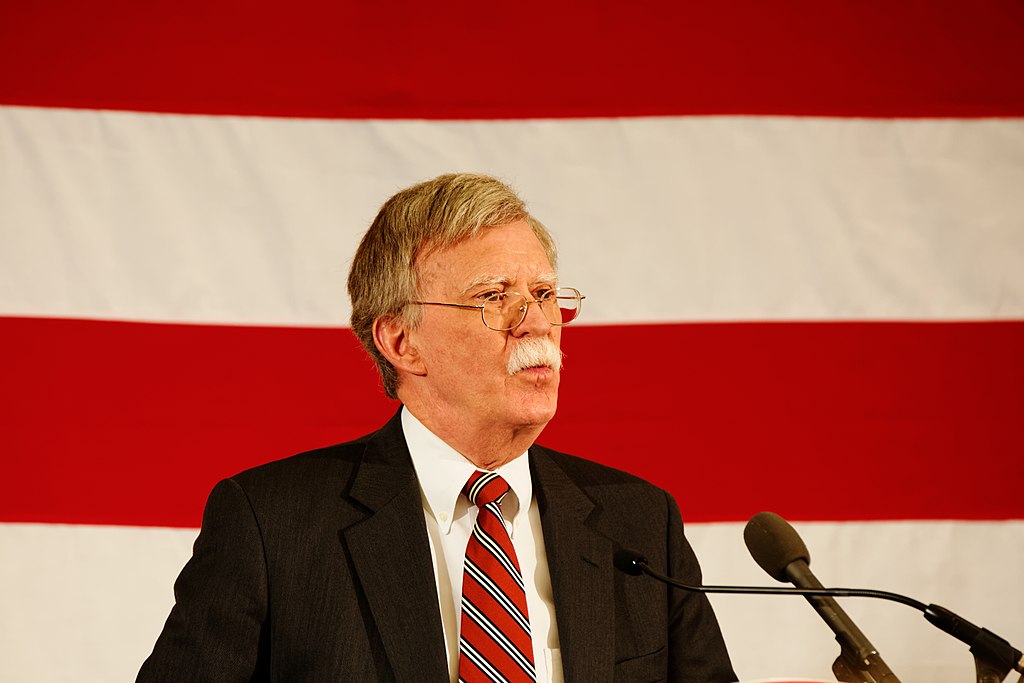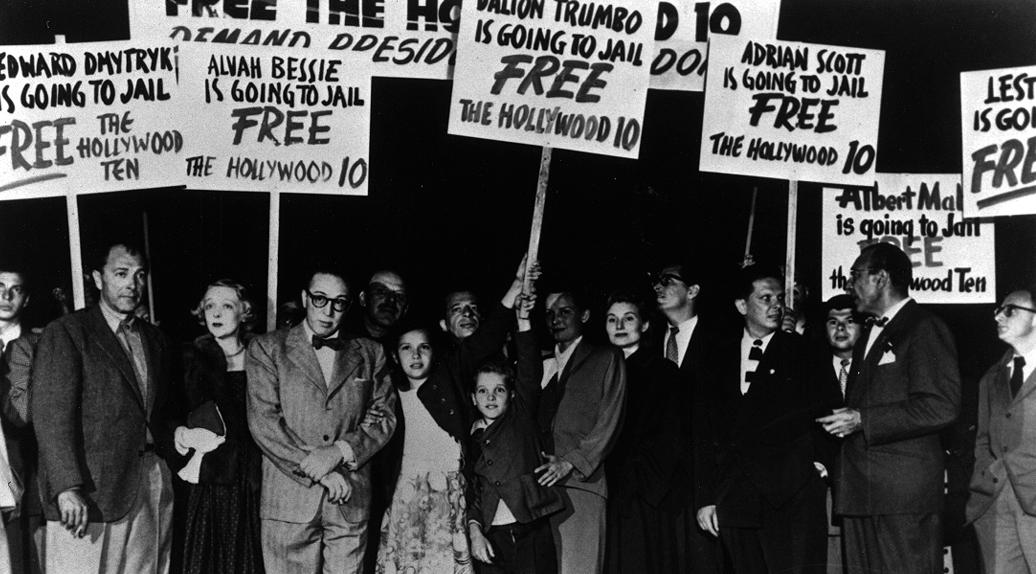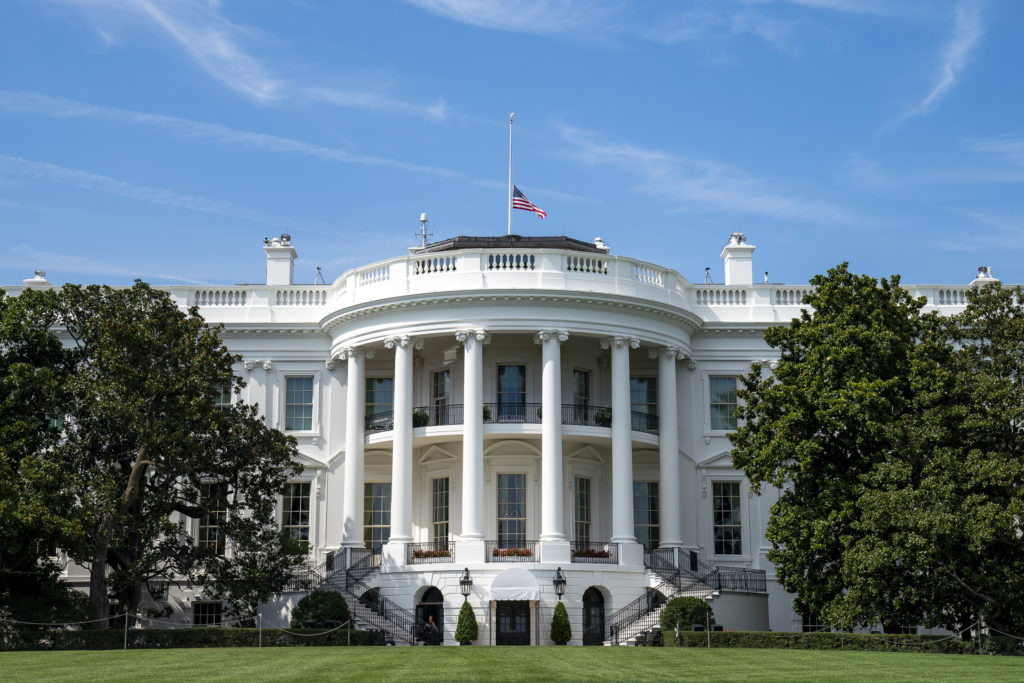The Good News About John Bolton
I’d like to add a few words to Matt Waxman’s assessment of John Bolton, President Trump’s soon-to-be national security adviser—not because I know Bolton particularly well or worked with him particularly closely but because I benefited in government from one of his diplomatic strokes of genius: the Proliferation Security Initiative (PSI).

Published by The Lawfare Institute
in Cooperation With

I’d like to add a few words to Matt Waxman’s assessment of John Bolton, President Trump’s soon-to-be national security adviser—not because I know Bolton particularly well or worked with him particularly closely but because I benefited in government from one of his diplomatic strokes of genius: the Proliferation Security Initiative (PSI).
PSI had its origins in an American intelligence and military triumph that turned to dust. In 2002, the U.S. identified a North Korean vessel sailing without a flag off Yemen’s coast and asked a nearby Spanish navy ship to board the vessel. After multiple warning shots, Spanish special forces were able to search the ship, finding 15 Scud missiles. Good news for nonproliferation—until Yemen’s government claimed the missiles and demanded their delivery, arguing that there was no treaty prohibiting the transport of missiles by sea. Ultimately, Yemen prevailed.
Stung, President George W. Bush asked for ways to constrain North Korea’s proliferation of missiles and weapons of mass destruction. Most of the options were deeply unattractive. Blockading North Korea would be an act of war. Creating a new nonproliferation treaty would inevitably lead to massively multilateral talks that followed the model of nuclear and biological nonproliferation treaties: endless discussions, vague limits, inadequate verification, and third-world demands to be paid in technology for their support.
Enter John Bolton. Even in 2001, establishment foreign affairs figures were alarmed by his views, predicting disaster when he was nominated as an undersecretary of state for nonproliferation. How much nonproliferation could he get done, they wondered aloud, when he had scathingly criticized many of the arms control agreements that the establishment embraced? In the end, 43 Senate Democrats voted against him—more even than voted against Attorney General John Ashcroft, the second-most controversial Bush nominee after Bolton.
But contrary to his trigger-happy anti-diplomatic reputation, Bolton quickly set about building a nonproliferation framework that avoided the foreign policy establishment’s earlier mistakes. The Proliferation Security Initiative didn’t rely on endless multilateral set piece negotiation leading to a treaty. Instead, Bolton identified a group of like-minded European countries, and in 2003, this coalition of the willing signed on to a coordinated campaign to interdict shipments of missiles and weapons of mass destruction. Without a treaty, each country agreed to do what it felt was authorized under international law,—a pledge that Bolton cleverly expanded by making international law himself, negotiating bilateral ship-boarding agreements with the main countries supplying flags of convenience to merchant vessels.
Many states adopted domestic laws prohibiting trafficking in WMD, and the U.N. Security Council eventually adopted a resolution calling on all members to do so. By avoiding an international treaty negotiating scrum and a multinational centralized bureaucracy, PSI left the United States with the flexibility and initiative to seize on opportunities to expand PSI’s reach as they arose. (Much to China’s frustration, I’m pleased to add; it has spent fifteen years watching PSI tighten the screws on North Korea and railing ineffectually from the sidelines about PSI’s lack of formal treaty authority.)
Having started with like-minded countries, the PSI gradually expanded to include less enthusiastic members who nonetheless could not reasonably oppose interdiction of WMD. Several U.N. Security Council regulations requiring nonproliferation action were hung on the framework of the PSI principles, A hundred countries now belong, and Bolton’s initiative was largely embraced by the Obama administration—mainly because it works. When I was at the Department of Homeland Security, after Bolton had left the administration, we often had reason to rely on PSI’s authorities to investigate suspicious shipments bound for the United States. Thanks to its flexibility, the nonproliferation framework was easily adapted into a homeland defense measure.
Though Bolton’s many critics often describe him as a disruptive ideologue, nothing about this story matches that view. Far from acting the bull in an international china shop, Bolton took his earlier unsparing critique of the flawed treaties of the past to heart and fashioned a much less flawed international regime for WMD interdiction. He nudged and shoved the PSI through the interagency process by dint of intellect, vision, and suasion. He played by the rules and won.
Many members of the foreign affairs establishment may dislike Bolton for his policy views and his other work in the Bush administration. But perhaps his achievement with the PSI also bothers them because it means that someone of Bolton’s views can be successful. His detractors have to be at least a little worried that he can do with North Korea or Iran what he was able to do with PSI: get a deal that satisfies his exacting critique of past negotiations. Disagreements aside, we should all hope he can.





